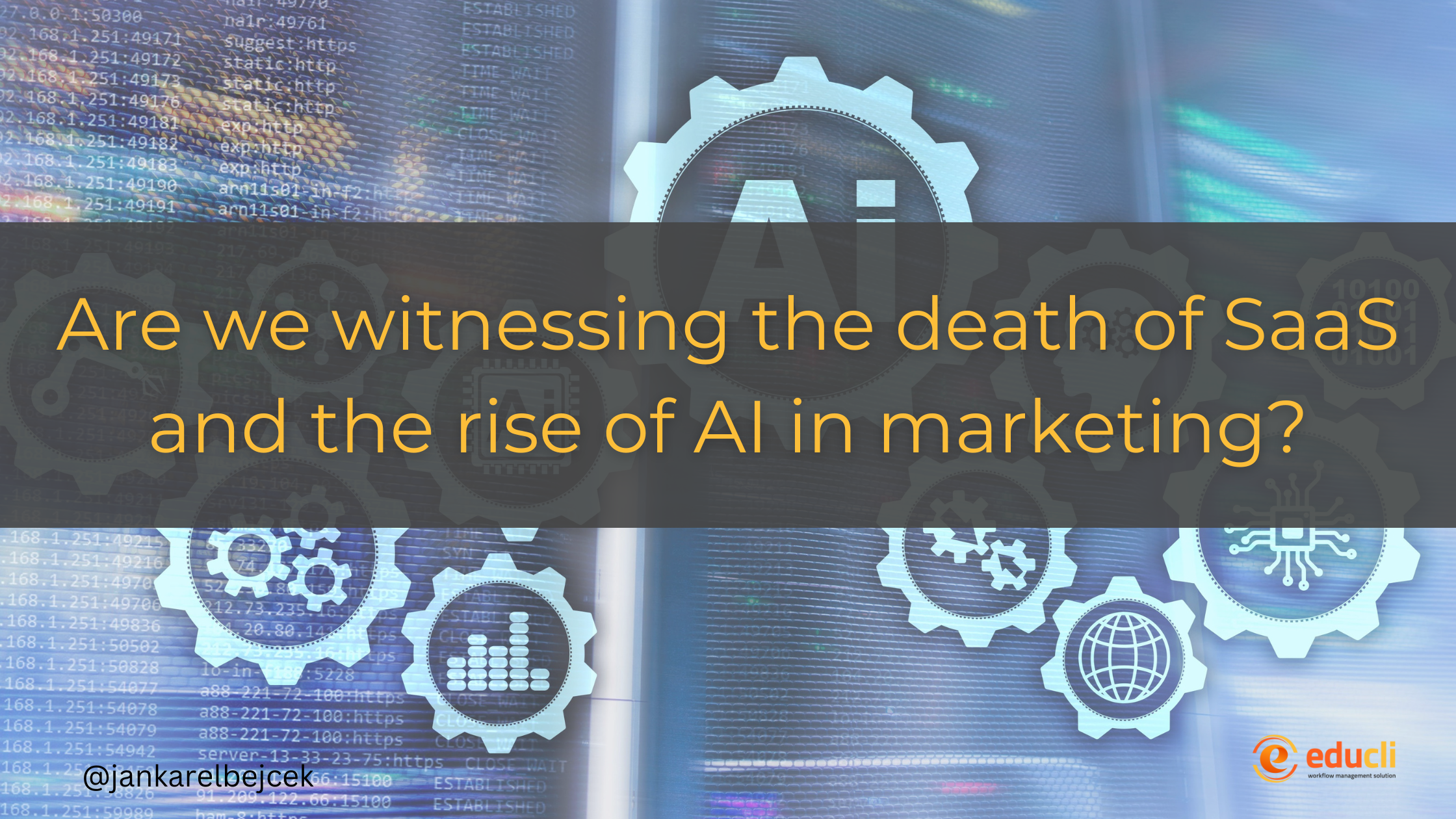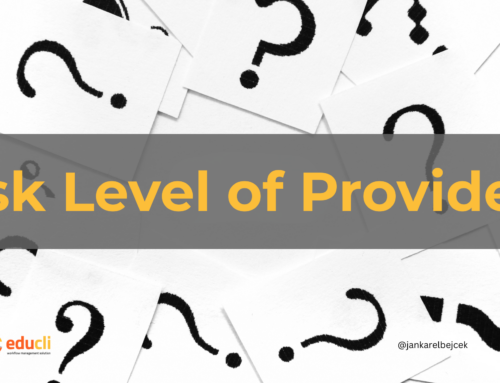The landscape of technology and business is shifting rapidly, and nowhere is this more evident than in the evolving role of AI in marketing. Are we witnessing a new era in business innovation?
For years, the SaaS model was the dominant force in tech entrepreneurship. Companies focused on building standardised software solutions that could be sold to thousands of customers. However, AI is changing the game.
Traditional SaaS requires generalising problems to make software work for a wide range of businesses. AI, on the other hand, allows for hyper-personalisation—solutions can be tailored to an organisation’s specific needs without massive engineering efforts.
A common misconception in the business world is that AI’s real impact lies in the distant future. However, as we can see, the AI is already capable of solving complex business problems in ways that would have been unimaginable just a few years ago. Instead of waiting for AI to “mature,” businesses should start using its existing capabilities to streamline operations, automate decision-making, and enhance creativity.
Companies that focus too much on AI’s potential risks overlook how it can immediately improve workflows and decision-making. AI isn’t just a futuristic tool—it’s a practical solution for businesses today.
One of the interesting concepts is the explore-exploit tradeoff—a decision-making framework that applies not only to AI but also to entrepreneurship.
- Explore Mode: A phase of discovery, learning, and experimentation. This is when innovators test ideas, research new trends, and experiment with different technologies.
- Exploit Mode: A phase of execution where the best ideas are refined and turned into real-world applications.
This framework is a valuable lesson for entrepreneurs and business leaders. The key to success isn’t just discovering new trends—it’s knowing when to double down and execute.
Marketers and business leaders are already using AI in groundbreaking ways. Some of the key applications include:
- Automated Meeting Transcripts & Insights – AI tools can analyse meeting discussions and generate structured readouts, saving teams hours of administrative work.
- AI-Powered Sales Coaching – Bots can conduct mock interviews with salespeople, providing feedback and training.
- HR Process Optimisation—AI can convert unstructured hiring manager feedback into structured reports, making recruitment more efficient.
- Localized Marketing Strategy – AI helps brands customise global marketing strategies for different markets without losing the original campaign’s intent.
These use cases demonstrate that AI isn’t just about automation—it’s about enhancing creativity, decision-making, and business.
Companies should use AI as a reaction machine rather than solely relying on it for content generation.
Instead of asking AI to create content from scratch, businesses can use it to:
- Refine and enhance ideas
- Provide constructive feedback
- Identify flaws in marketing strategies
- Generate alternative approaches based on real-world data
This mindset shift can help businesses use AI more effectively without becoming overwhelmed by its capabilities.
For those looking to explore AI’s potential, here is a practical advice:
- Identify the necessary tasks AI can optimise.
- Experiment with AI on a small scale before scaling up.
- Focus on Practical Applications
- Embrace Experimentation
The transition from SaaS to AI-driven solutions is already underway, and businesses that fail to adapt risk being left behind. AI is not just a productivity booster—it’s an entirely new way of thinking about software, marketing, and problem-solving.





Leave A Comment